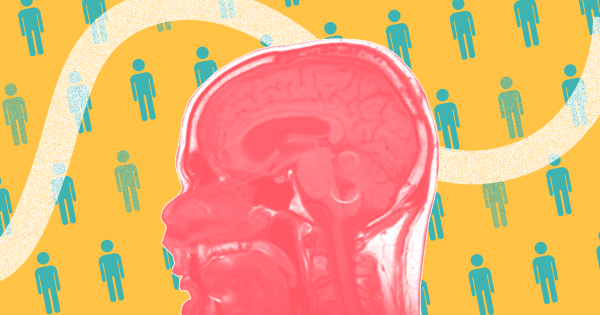
Young people with autism have more psychiatric and medical conditions than do their typical peers or those with attention deficit hyperactivity disorder (ADHD), a new study suggests1.
The early onset of these problems suggests they do not stem solely from a lifetime of poor healthcare, says lead researcher Lisa Croen, director of the Autism Research Program at Kaiser Permanente, a managed healthcare provider based in California.
“One possible explanation is that there’s something physiologic or genetic that’s underlying not only what falls into the definition of autism, but also physical health and, more broadly, mental health,” she says.
Some of the problems in young people with autism, such as obesity, may be related to poor diet, medication use and limited physical activity, says Alice Kuo, associate professor of internal medicine and pediatrics at the University of California, Los Angeles, who was not involved in the study.
Several studies have documented the co-occurrence of psychiatric and medical conditions in people with autism. Croen’s team published a similar analysis in 2015 of adults with autism aged 18 to 742. (The oldest control was 92.)
That study showed that older adults with autism also have more health and psychiatric problems than the general population. A comparison of the two studies reveals that for many of the conditions, an increased rate among people with autism remains relatively stable between younger and older adults — with a few exceptions. For instance, the high prevalence of bipolar disorder in adults with autism relative to the general population may diminish with age (see graphic). (Bipolar diagnoses in the general population increase disproportionately with age.)
Urgency to educate:
The researchers looked at the health records of 4,123 people with autism, 20,615 people with ADHD, 2,156 people with diabetes and 20,615 controls who do not have any of these conditions. The participants were 14 to 25 years old. The records, all from 2014 to 2015, come from an insurance registry at Kaiser Permanente Northern California.
In general, about one in three people with autism has another psychiatric condition, such as bipolar disorder or anxiety, a rate higher than in the other three groups.
There are exceptions: Depression is more common in people with ADHD than in those with autism. And excessive drug use is least common in the autism group.
Still, the odds of suicide are nearly four times higher among teenagers and young adults with autism than in the control group, the researchers found. “Great attention needs to be paid to help prevent these behaviors,” says Kyle Jones, assistant professor of family and preventative medicine at the University of Utah in Salt Lake City, who was not involved in the study.
Medical conditions such as heart problems or obesity are less common in people with autism than in people with diabetes.
Medical conditions are still common in the autism group, however: About 42 percent of people with autism had infections, such as ear or respiratory infections, during the study period, and 25 percent were obese. The findings appeared in the April issue of Pediatrics.
The findings underscore the complex needs of people with autism during a “vulnerable time in their lives,” Jones says.
“One of the big general lessons from the study is how much medical, psychiatric and social issues interplay to impact the health of this population,” Jones says. “Attention to all of these aspects is critical to providing the care that they need and deserve.”
It’s unclear why people with autism have high rates of medical problems, but determining the reasons may help improve their care.
This article was originally published on Numerous health problems burden young adults with autism